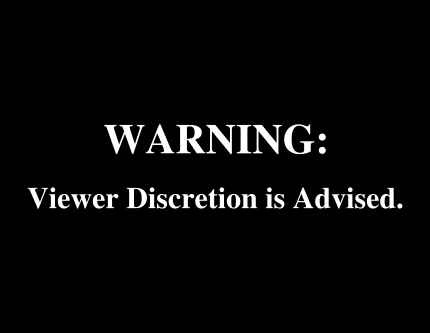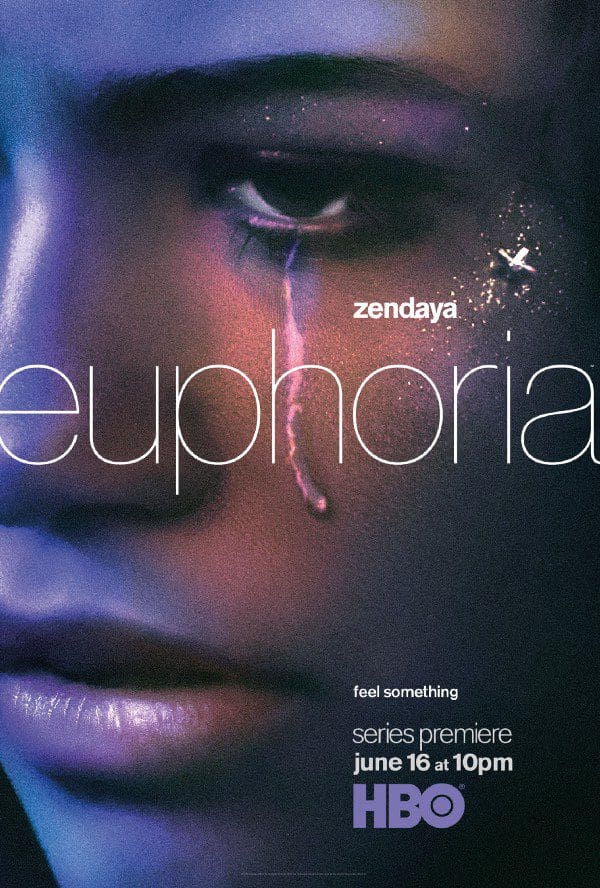TV Shows and Content Warnings about Mental Health
Television shows have been including trigger warnings for years. You may have noticed the box in the upper left corner with a not just a suggested age warning, but a few letters underneath to indicate if there’s violence, sex, heavy language, or suggestive dialogue. It’s also those black screens that show up right before the episode starts, sometimes included with a stern, male voice warning about more specific content in the episode that may be disturbing and that “viewer discretion is advised.”

These sorts of messages have ranged from warnings about bright, flashy images that may trigger epilepsy, depictions of mass shootings, to graphic violence. Generally, content warnings rarely get into specifics about why they’re there and simply state that the episode includes content that is not suitable for all audiences, which isn’t incredibly helpful if you’re not sure what the disturbing material might be.
Content warnings have started to become more specific however, particularly with warnings about mental illnesses. The most notable, and controversial example, is with 13 Reasons Why, which has been the center of many conversations about how and if mental illness can be responsibly and respectfully portrayed on TV and film. The last few episodes of the first season included content warnings, with the last including one specifically talking about an explicit portrayal of suicide, and the second season included an even stronger content warning before the entire season begins. The Politician, another Netflix show, does the same with a message about the show having elements that may be “disturbing” for those with mental health struggles.
HBO is taking one step further: the channel recently announced that many of their shows are going to include these content warning screens but with specific mental illness depictions that are going to be shown in that episode. This affects current shows such as Euphoria, which, like 13 Reasons Why, has a large adolescent following, as well as completed shows like Girls and The Sopranos. But where content warnings are usually meant to tell those who may be affected that this episode isn’t for them and to skip it, HBO wants to use theirs to encourage a conversation about mental health. In their words, viewer discretion isn’t advised, but “viewer conversation is encouraged.”
The channel hopes that the specific mental illnesses listed before the episode and the “doctor commentaries” about those illnesses that supplement them will help spread awareness and help those watching not just learn more, but have the ability to break the stigma around mental illnesses.
What do you think about content warnings before TV episodes? Have you ever seen any with warnings about situations with mental illness? Do you think these are effective or that having a conversation because of them are possible?





Recent Comments